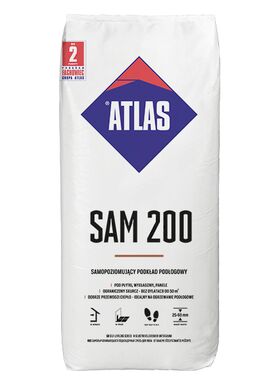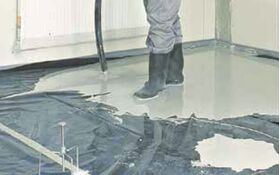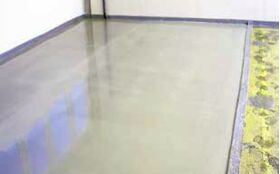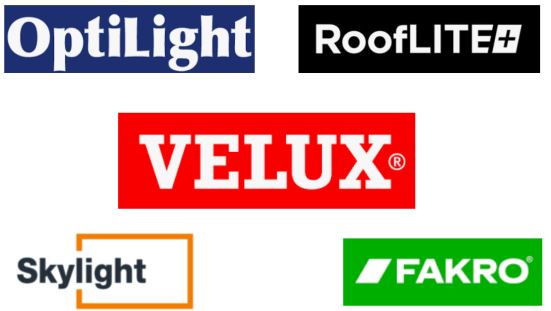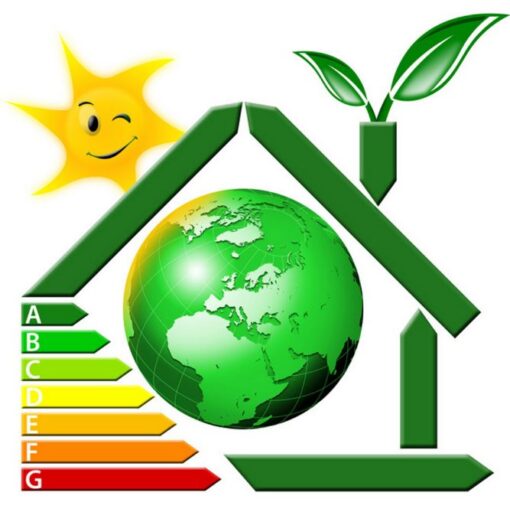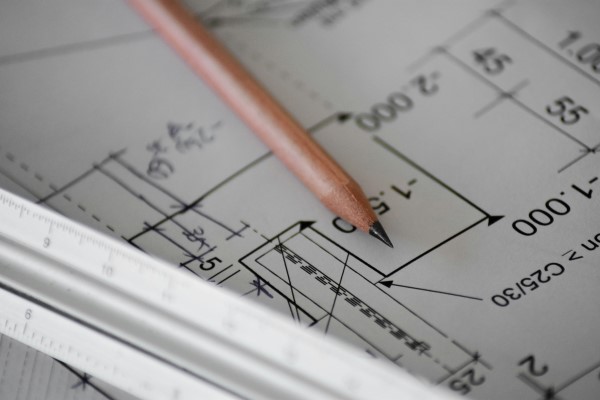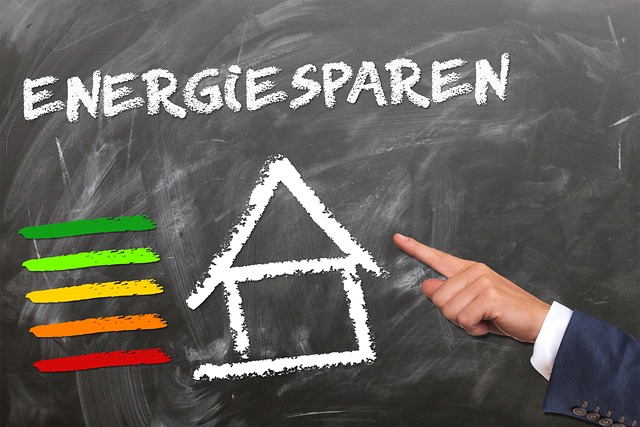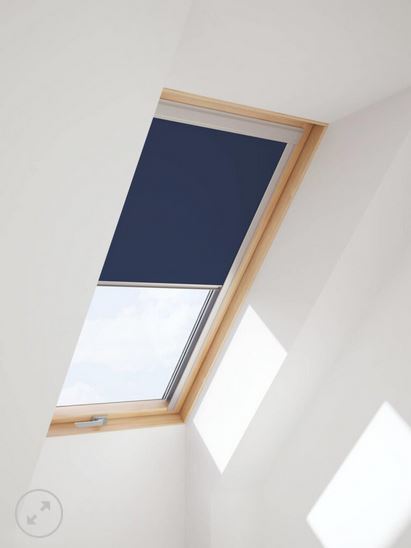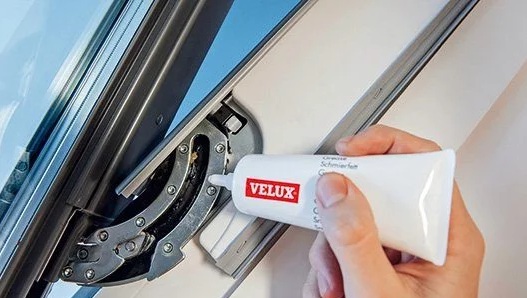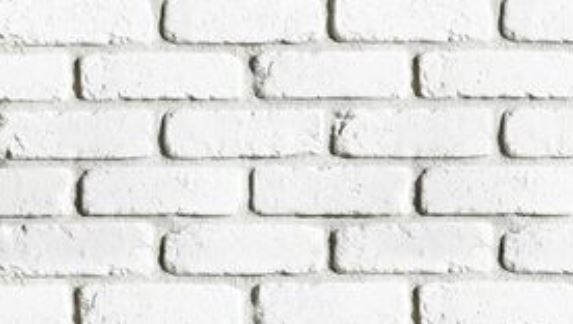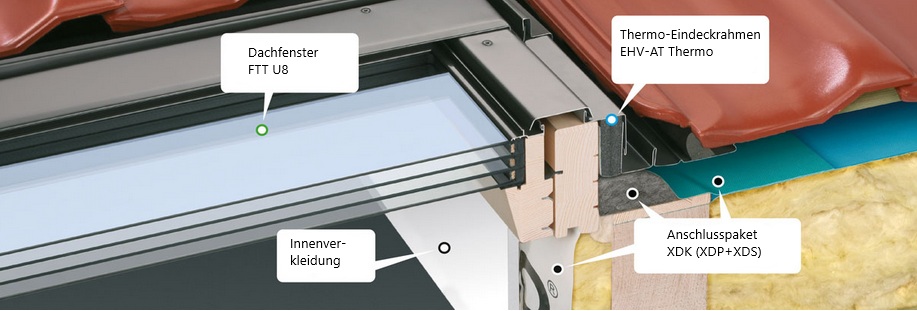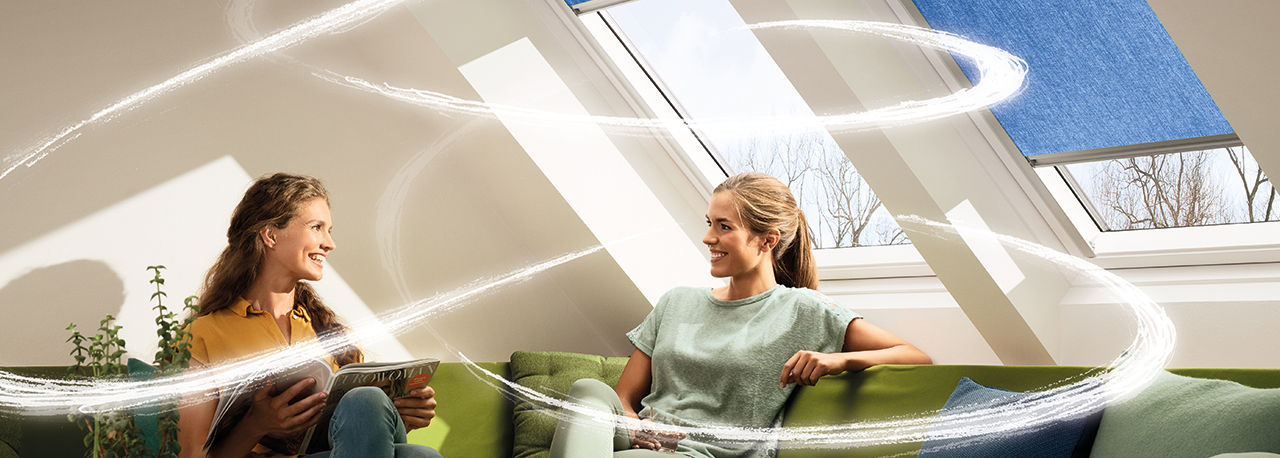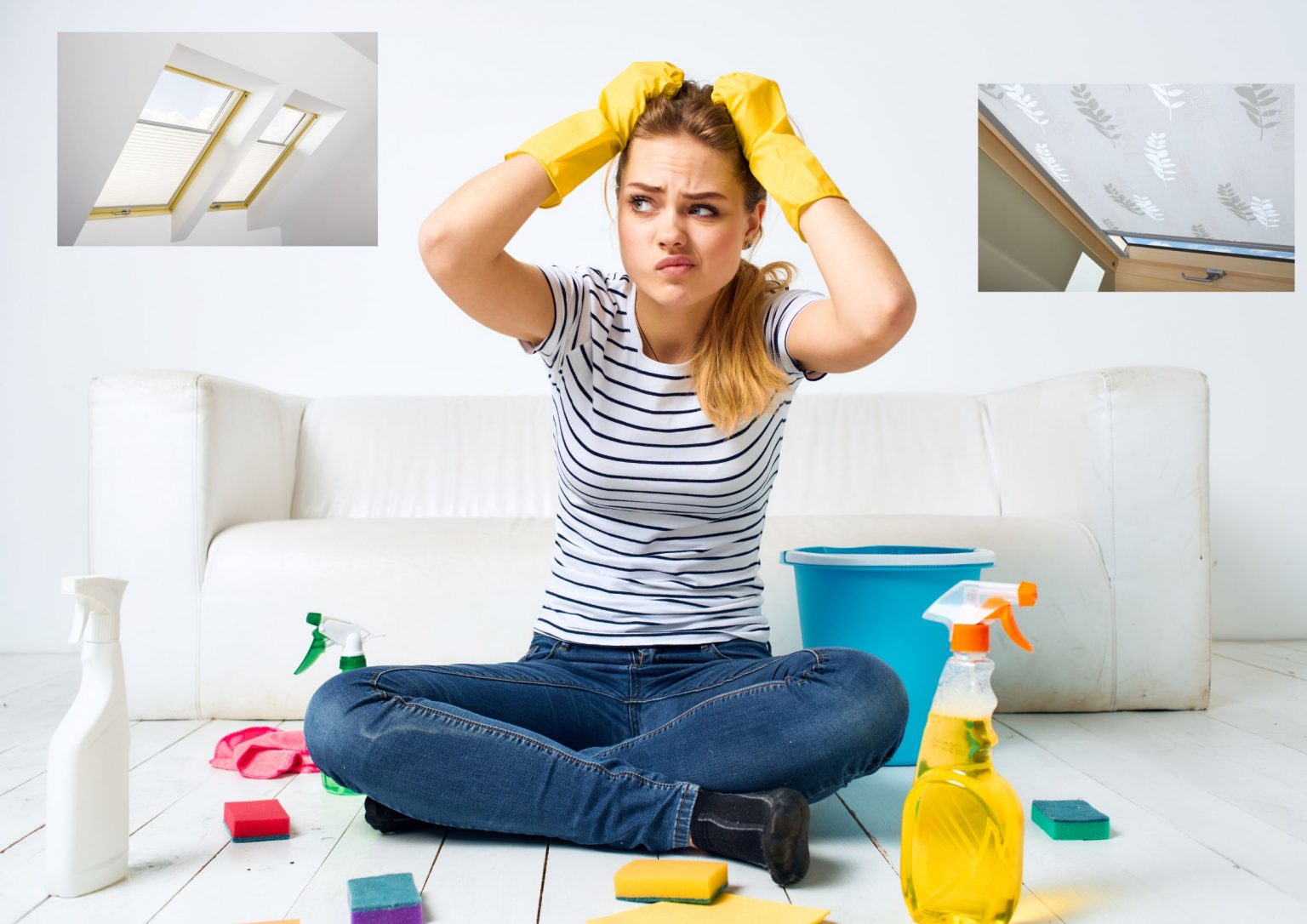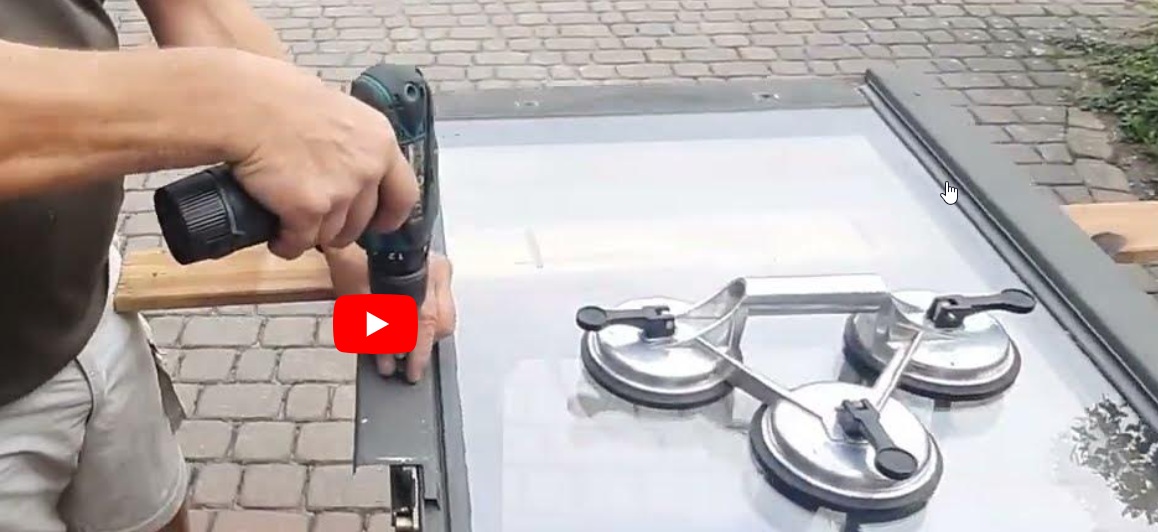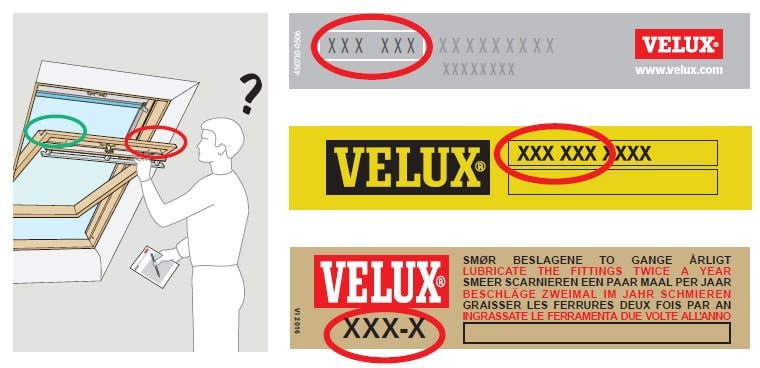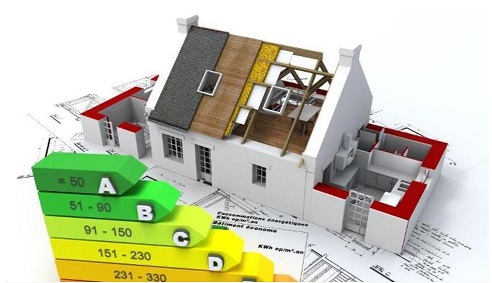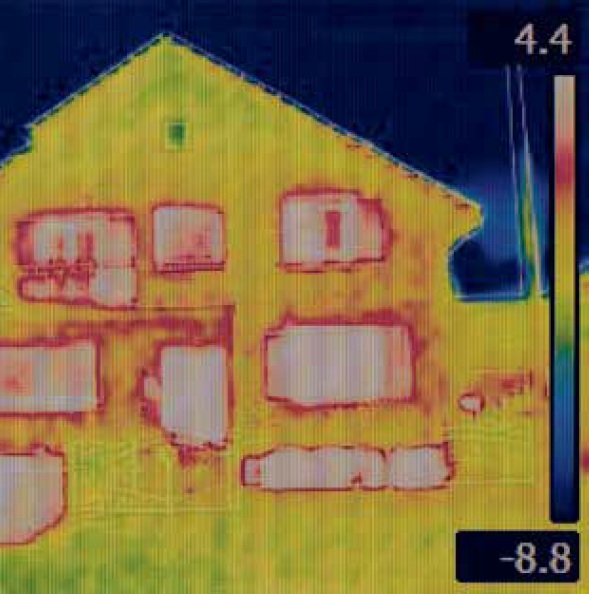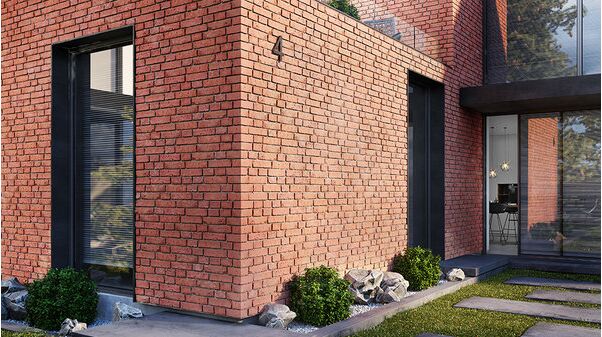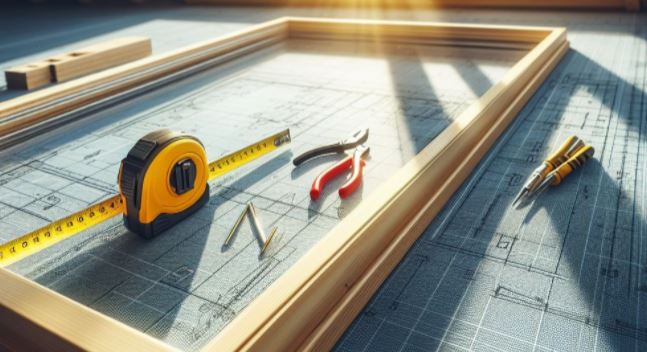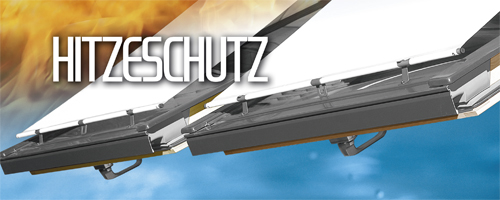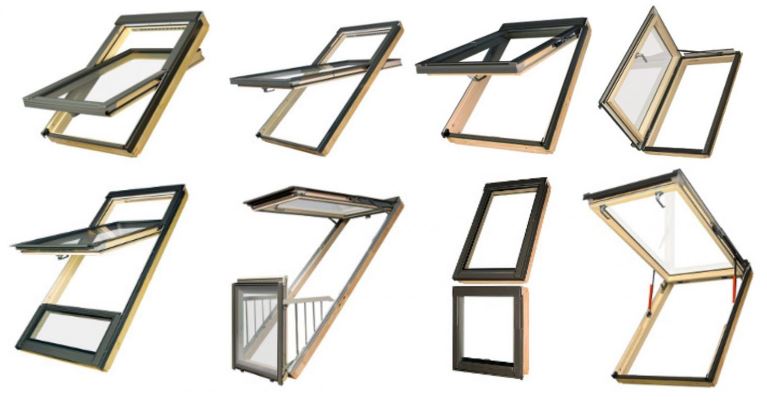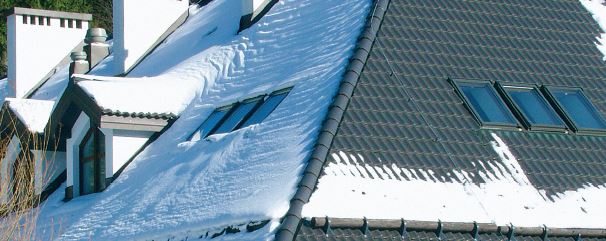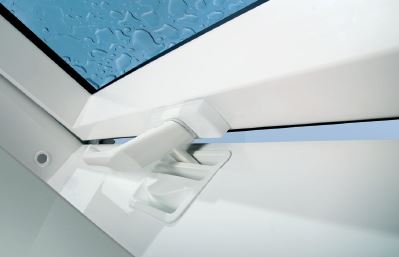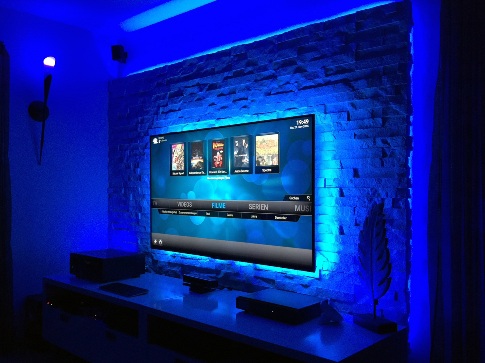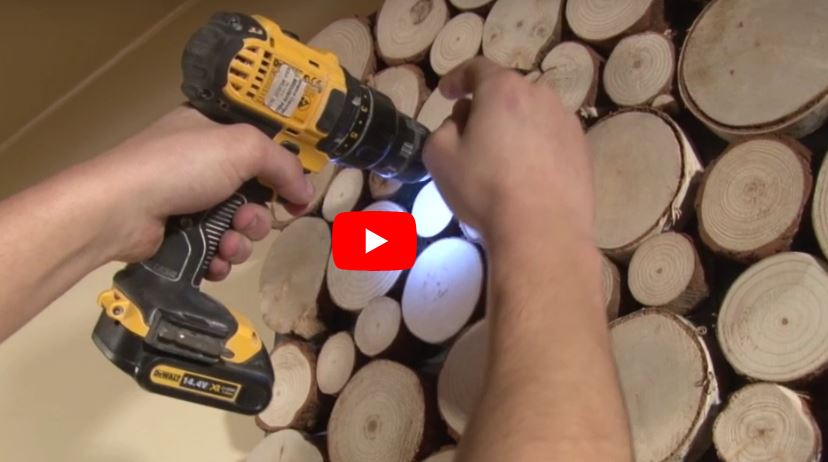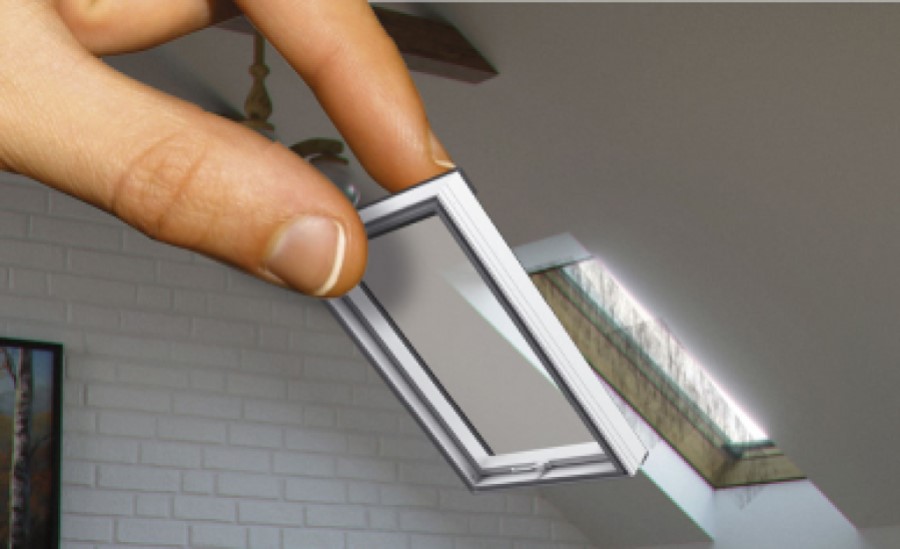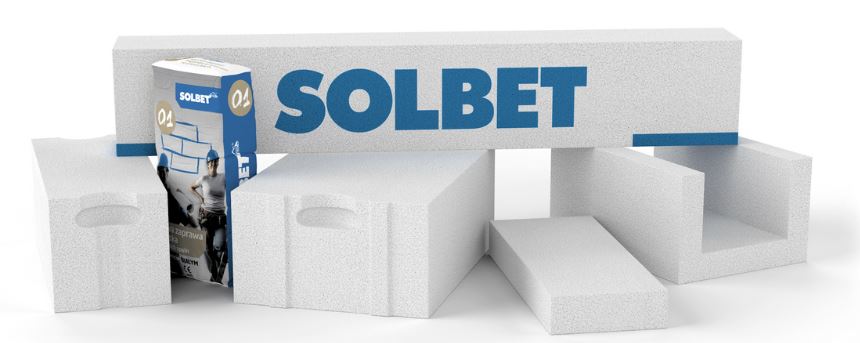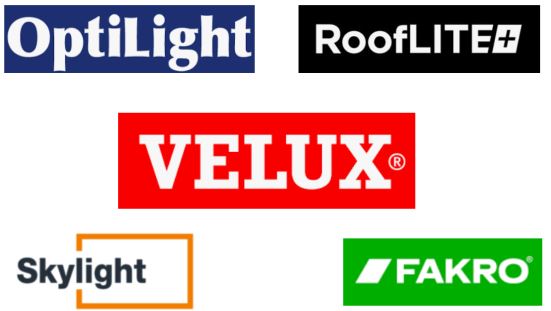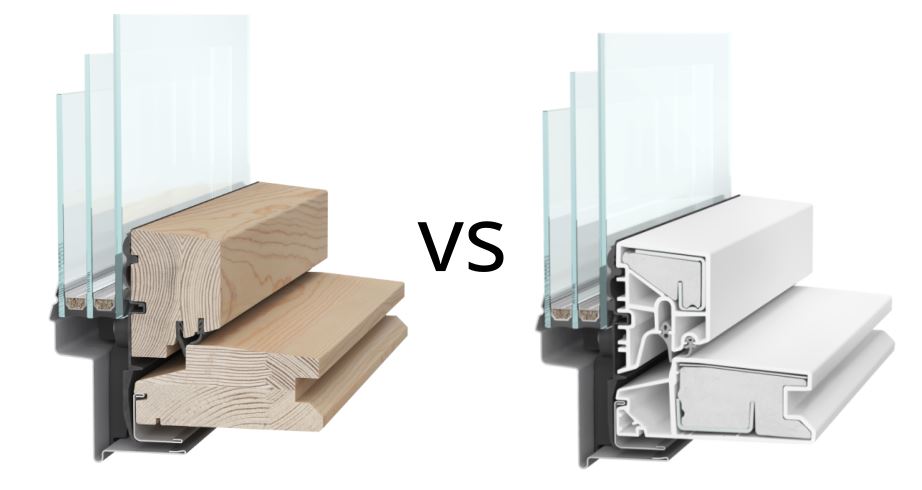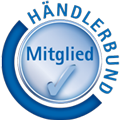ATLAS SAM 200 - self-leveling rough floor (25 - 60 mm)
Levels substrates in the range of 25 – 60 mm – both when the substrate has only local irregularities and when it is executed with a slight slope.
Elevates the floor level in the whole room – e.g. when necessary to equalize the level in two adjacent rooms.
Ideal for installation of electric or water floor heating system – very good heat conductivity, better than cement-based products; tightly covers heating pipes.
Recommended for leveling surfaces of existing subfloors with heating systems.
Element of the floor - ceilings acoustic insulation – in combination with elasticized EPS, ATLAS EXPANSION JOINT PROFILES and polyethylene foil.
Can be applied in dry rooms – as the substrate based on high quality anhydrite, it can be used only indoors in dry rooms: living rooms, hallways, halls, salons, offices, corridors, waiting rooms, etc.
The main characteristics
- anhydrite-gypsum based
- practically contractionless – no need of expansion joints for up to 50 m²
- enables adjustment of the application consistency
- conducts heat well – perfect for floor heating system
- self-leveling – facilitates application
The main parameters:
- consumption: 20 kg / 1 m²/ 10 mm of layer thickness
- compressive strength: min. 16 N/mm²
- layer thickness: 25 ÷ 60 mm
Types of finishing layers
- tiles,
- PVC flooring,
- carpet flooring,
- floor panels.
Types of possible arrangements
- bonded - thickness 25 - 60 mm – when substrate is a good quality concrete, cement or anhydrite subfloor (with or without floor heating)
- on separation layer - thickness 30 - 60 mm – when the substrate is of poor quality, not guaranteeing proper adhesion - dusty, cracked, oil soaked, dirty, very absorptive; the separation layer can consist of, e.g. PE foil 0.2 mm thick
- floating – thickness 35 – 60 mm – applied onto thermal or acoustic insulation of: expanded polystyrene of proper hardness, floor hardened panels of mineral wool, etc.
- heating – the layer thickness over the heating layer should be at least 35 mm.
Properties
Spreading properties – enables easy horizontal surface execution even in large rooms, without using guide strips and mass raking up with rules.
Compressive strength: ≥ 16.0 N/mm².
Flexural strength: ≥ 5.0 N/mm².
Limited contraction – the possibility of contraction cracking during setting is reduced to the minimum – this enables execution of working fields of up to 50 m² in area without expansion joints.
Suitable for manual and machine application – it can be easily and quickly applied both manually and with the use of machines equipped with helical pumps, obtaining high efficiency.
Technical data
ATLAS SAM 200 is manufactured in the form of dry mix based on high quality anhydrite.
| Bulk density (of dry mix) | ca. 1.4 kg/dm³ |
| Wet density (after mixing) | ca. 2.0 kg/dm³ |
| Dry density (after setting) | ca. 2.05 kg/dm³ |
| Mixing proportions (water/dry mix) |
ca. 0.15 ÷ 0.17 l / 1 kg ca. 3.75 ÷ 4.25 l/25 kg |
| Min./max. layer thickness | 25 mm / 60 mm |
| Maximum aggregate size | 0.8 mm |
| Linear changes | < 0.03% |
| Mortar preparation temperature, substrate and ambient temperature during work |
from +5°C to +25°C |
| Pot life (from mass mixing until works end) |
ca. 45 minutes |
| Rough floor access | after 2 days |
| Complete setting and drying time | 3 - 4 weeks |
| Heating start | after ca. 28 days |
| Floor covering | Rough floor humidity not higher than 1.5% (in case of impermeable and woodbased floor covering, observe the recommendations of the adhesive manufacturer and floor covering manufacturer) |
The time recommended for application in temperature of ca. 20°C and humidity of 55-60%.
Consumption
The average consumption is 20 kg of mortar for 1 m2 for each 10 mm of layer thickness.
Packaging
Paper bags: 25 kg
Pallet: 1050 kg in 25 kg bags
- Indoor (dry rooms)
- Tiles fixing
- Installation of panels or carpet flooring
- Screeds with heating
No posts found


